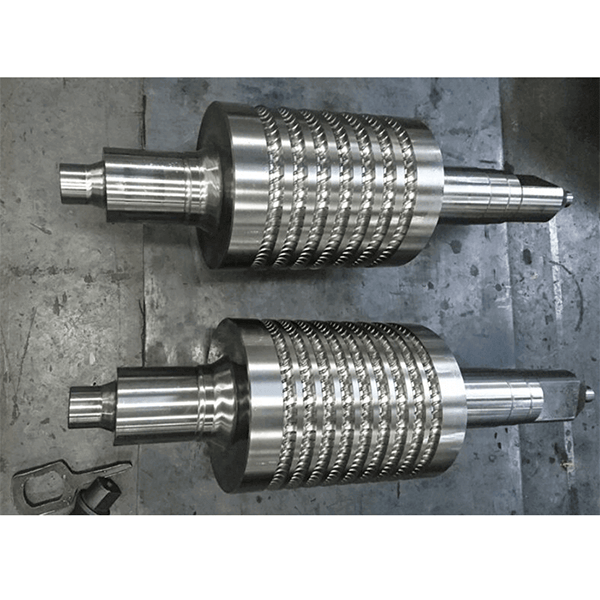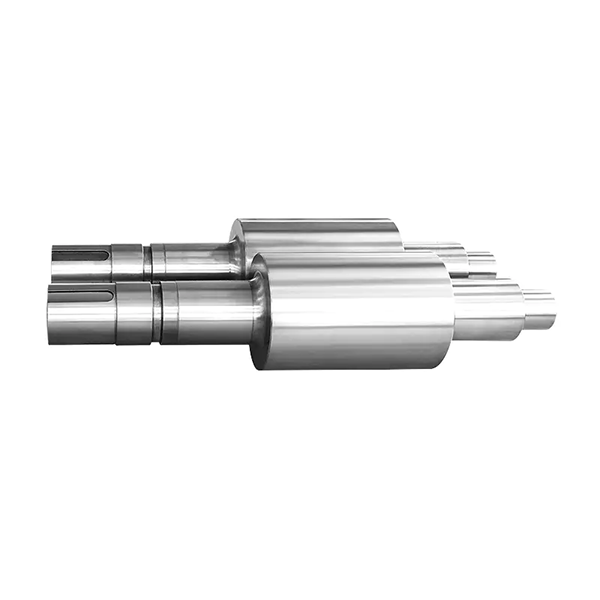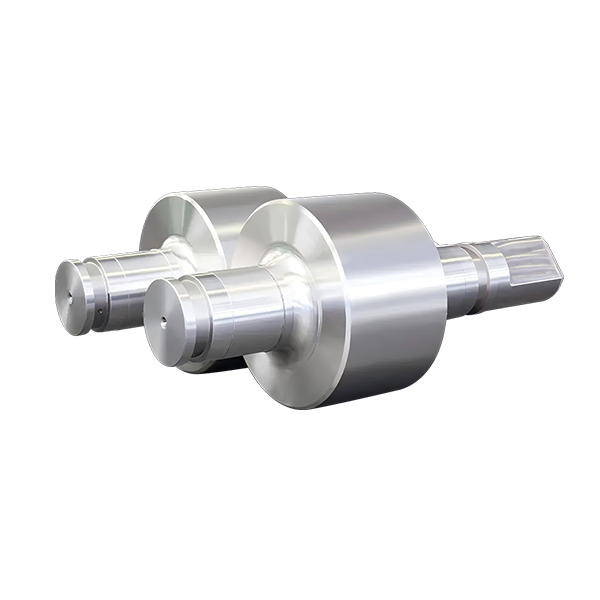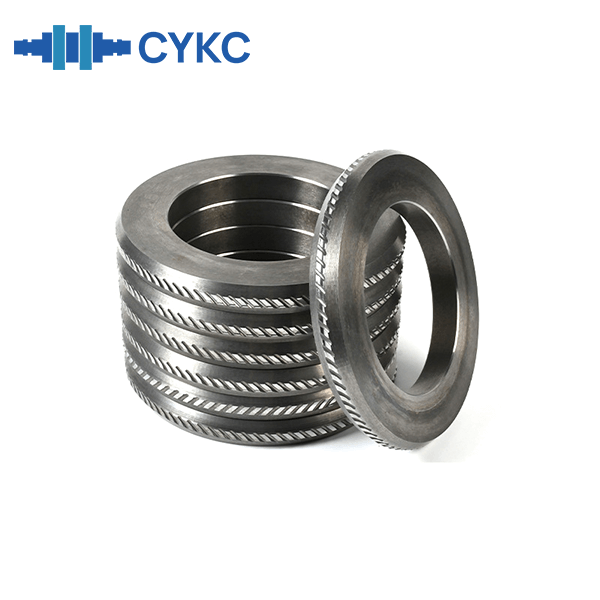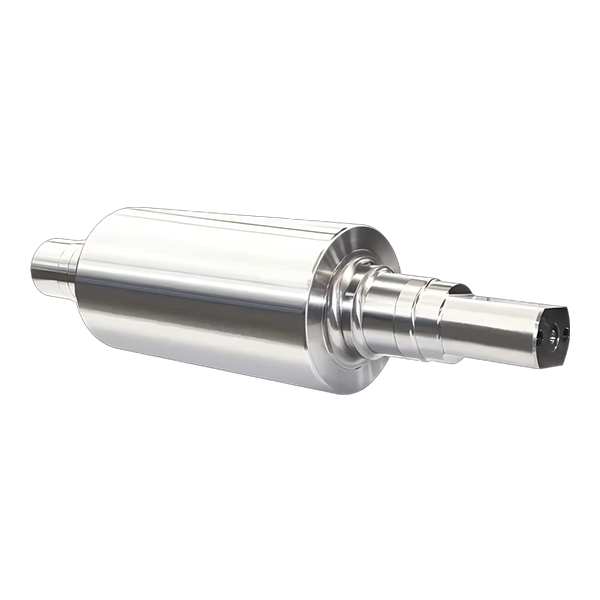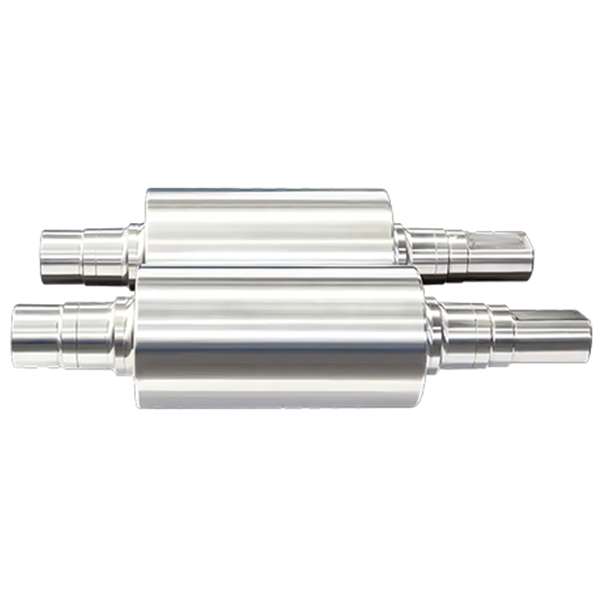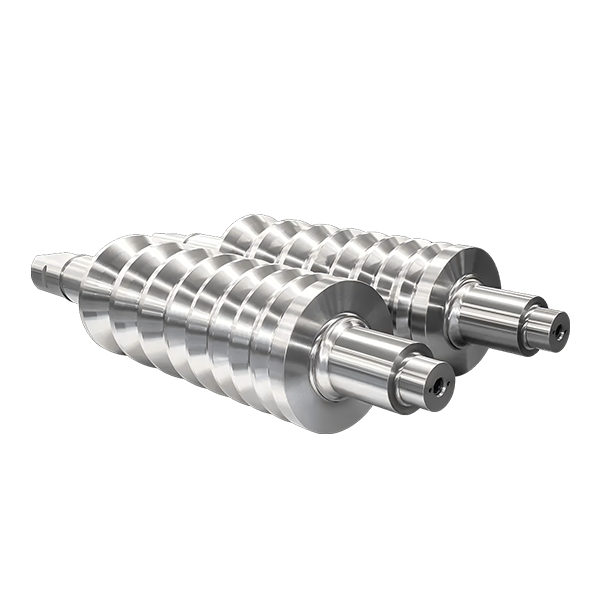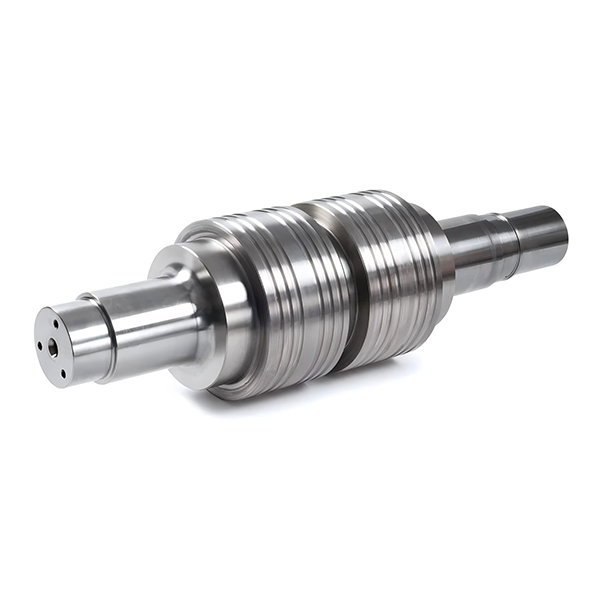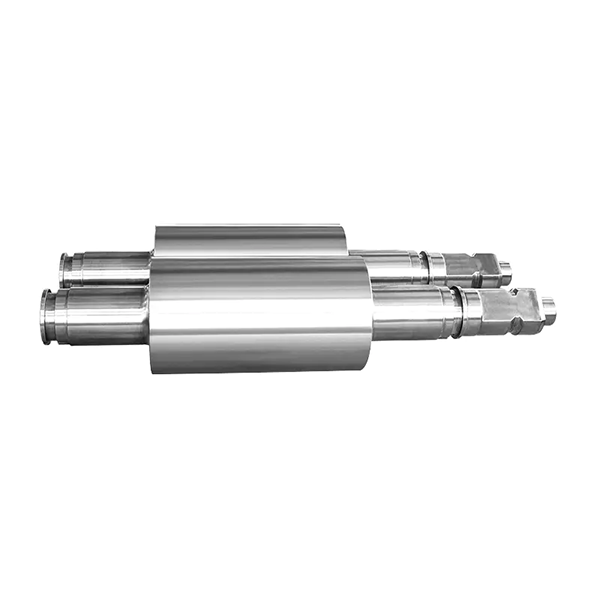Introduction
Rolling mill rolls are critical components in metal forming processes, used to shape, reduce thickness, and improve the material properties of metals. They are employed in both hot and cold rolling mills and must withstand extreme pressure, temperature, and wear. This article provides an overview of rolling mill rolls, including types, key manufacturers, material composition, HS codes, and important technical considerations.
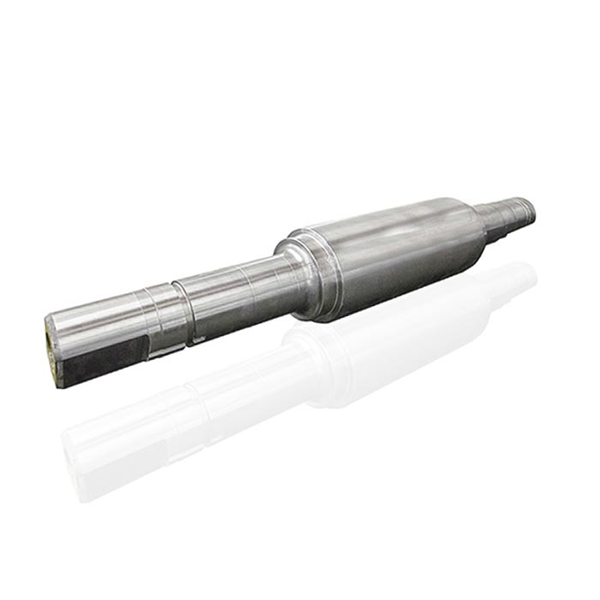
Types of Rolling Mill Rolls
Rolling mill rolls can be broadly categorized based on the rolling process and material type:
Hot Rolling Mill Rolls
Used at high temperatures to deform and shape metals like steel and aluminum. These rolls are designed to resist thermal fatigue, wear, and oxidation.
Cold Rolling Mill Rolls
Utilized at room temperature to produce finished products with precise dimensions and smooth surfaces. They require high hardness, wear resistance, and toughness.
Steel Rolling Mill Rolls
Specifically engineered for rolling ferrous materials. They are commonly made from forged steel, cast iron, or specialty alloys.
Key Manufacturers of Rolling Mill Rolls
Several global companies specialize in producing high-quality rolling mill rolls. Key manufacturing hubs include:
Rolling Mill Rolls Manufacturer in India
India is home to several reputed manufacturers producing rolls for both domestic and international markets. These companies are known for offering cost-effective yet reliable products.
Rolling Mill Rolls Manufacturer in China
Chinese manufacturers are known for large-scale production and competitive pricing. Many global steel producers source rolls from China due to their advanced manufacturing capabilities.
Specialized Steel Rolling Mill Rolls Manufacturers
Numerous companies worldwide focus specifically on rolls for steel mills, offering customized solutions based on mill requirements.
Chemical Composition of Rolling Mill Rolls
The performance and durability of rolling mill rolls depend significantly on their chemical composition. Common materials include:
High-Carbon Iron and Steel: Provides hardness and wear resistance.
Chromium: Enhances hardness and corrosion resistance.
Molybdenum: Improves strength and thermal resistance.
Nickel: Increases toughness and impact resistance.
Vanadium: Refines grain structure and enhances wear properties.
Exact compositions vary based on application (hot vs. cold rolling) and customer specifications.
HS Code for Rolling Mill Rolls
The Harmonized System (HS) code used for rolling mill rolls is 8455.30.00. This code classifies rolling mill rolls and their parts under metal rolling mills and is internationally recognized for customs and trade purposes.
Wear of Hot Rolling Mill Rolls: An Overview
Hot rolling mill rolls operate under severe conditions, including high temperatures, heavy loads, and continuous friction. Common types of wear include:
Abrasive Wear: Caused by hard particles in the rolled material.
Thermal Fatigue: Results from repeated heating and cooling cycles.
Adhesive Wear: Occurs due to material transfer between the roll and workpiece.
Oxidation and Corrosion: Caused by exposure to high temperatures and coolants.
To mitigate wear, manufacturers use advanced materials, heat treatments, and coatings. Regular maintenance and monitoring are also essential for extending roll life.
Choosing the Right Rolling Mill Rolls Manufacturer
Selecting a reliable manufacturer is crucial for ensuring mill efficiency and product quality. Consider the following factors:
Experience and Reputation: Look for manufacturers with a proven track record.
Material and Process Expertise: Ensure they use advanced processes like ESR (Electro-Slag Remelting) for superior quality.
Customization Options: The ability to tailor rolls to specific mill requirements.
Global Presence: Manufacturers with international reach often adhere to higher quality standards.
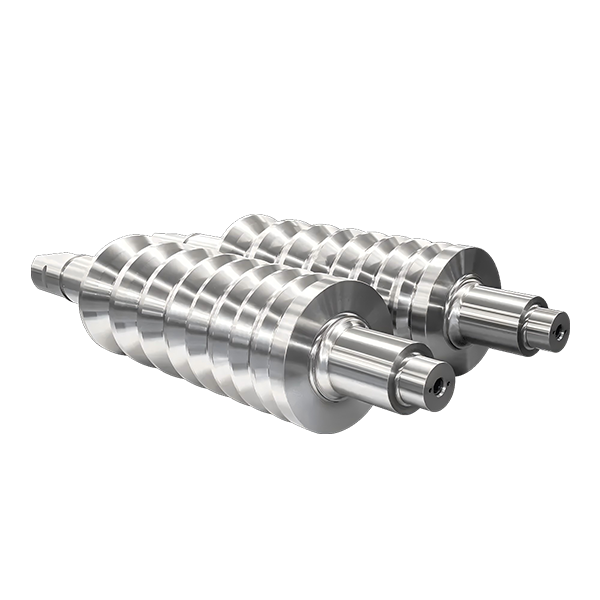
Conclusion
Rolling mill rolls are indispensable to the metalworking industry, impacting both productivity and product quality. Understanding the types, materials, manufacturers, and common challenges like wear can help in making informed decisions. Whether sourcing from a rolling mill rolls manufacturer in India, China, or elsewhere, prioritize quality, durability, and technical support for optimal performance.


